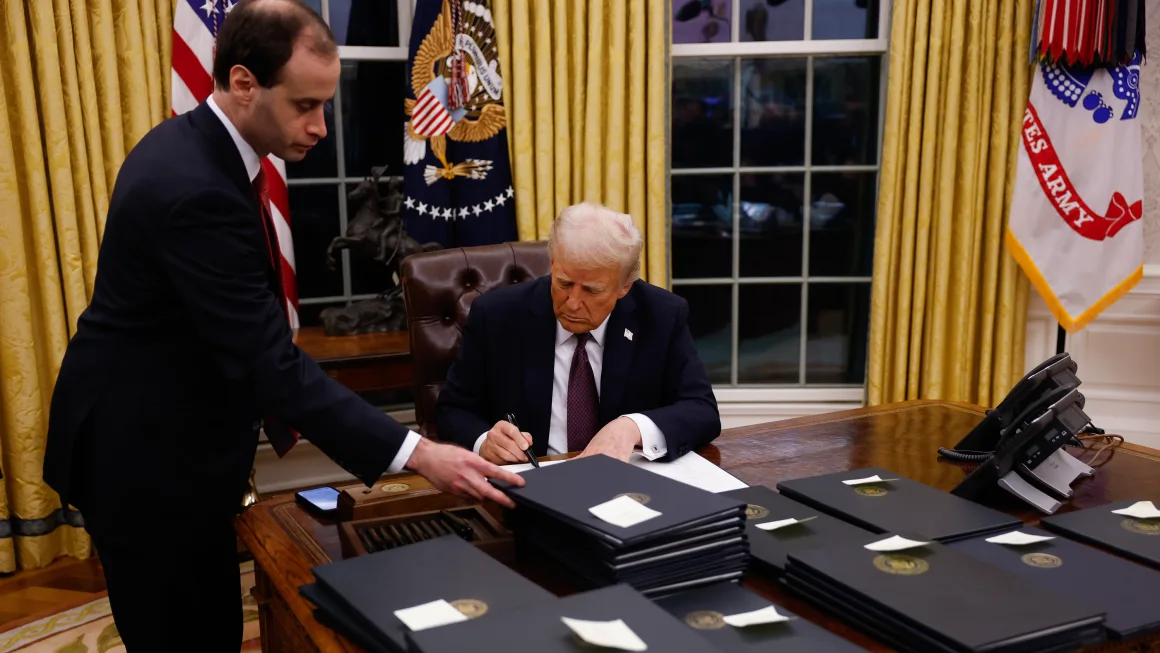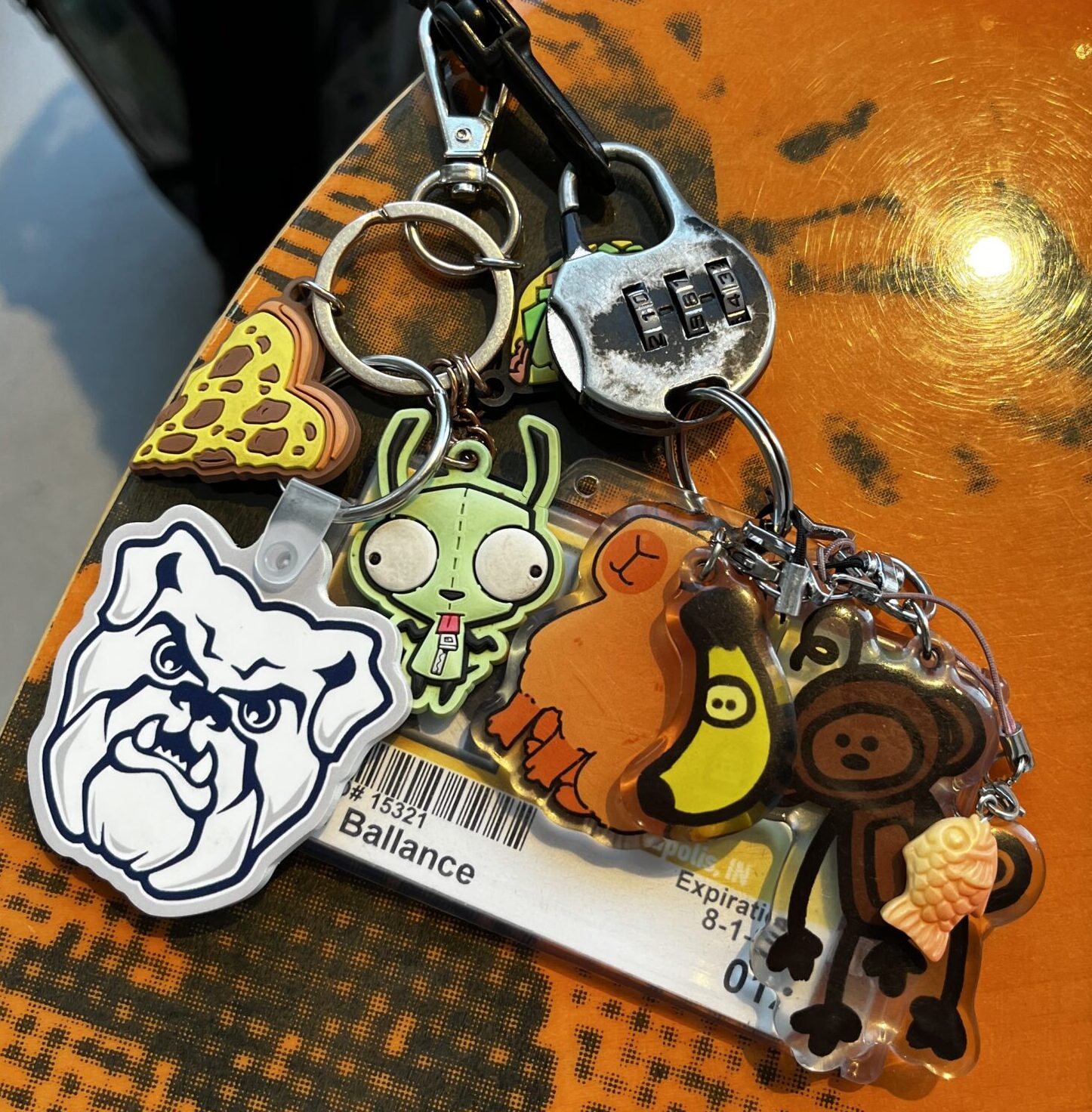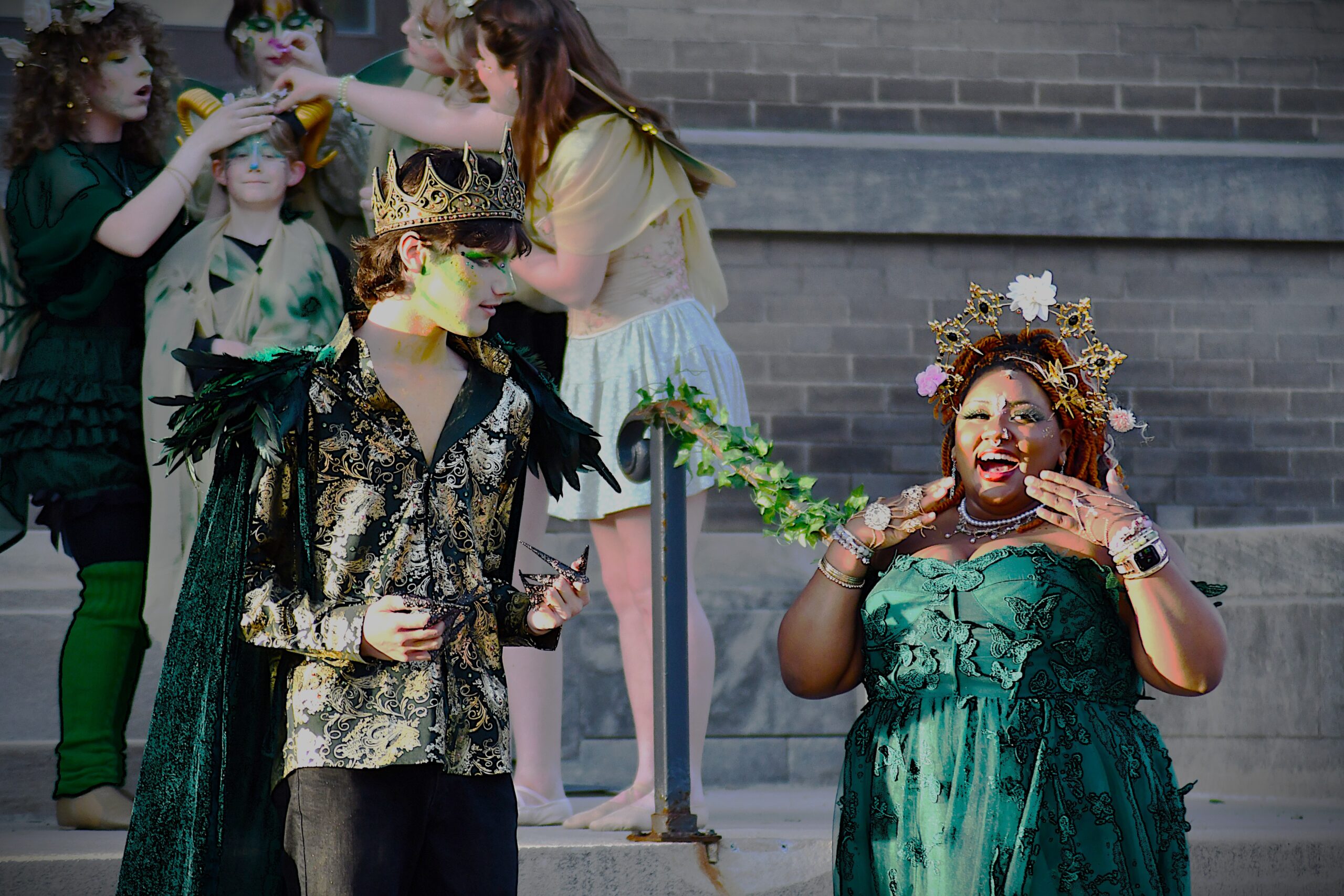Behind every fake smile, silent lunch period, and skipped school day, there’s often a story of bullying that most people never see. The bullying epidemic has crept into classrooms, locker rooms, and social media feeds, leaving lasting scars on the mental and emotional well-being of young people. It doesn’t always show up as bruises or name-calling—sometimes it hides behind anxiety, depression, self-hate, and isolation. For many, the pain becomes too heavy, leading to self-harm as a way to cope, or tragically, suicide as a final escape from the cruelty they endure daily. These aren’t just statistics—they’re real kids, with real pain, often suffering in silence. Take the story of a 14-year-old girl who started cutting after months of being bullied about her weight. Or a boy who felt invisible, taunted for being quiet, until one day he stopped coming to school altogether. These are just two out of thousands of stories. The psychological toll of bullying is devastating. Victims often internalize the abuse, convincing themselves they deserve it. They begin to believe the insults, the exclusion, the threats. Over time, these wounds become part of them, affecting how they see themselves and the world. This isn’t just a “kids will be kids” issue—this is a mental health crisis unfolding in plain sight. So how do we begin to fix it? It starts in schools, where bullying is often most visible but least effectively addressed. Schools must go beyond just having an anti-bullying policy on paper. Teachers and staff need proper training to recognize subtle signs of emotional distress and to intervene early. Peer mentoring programs, anonymous reporting systems, and mental health counselors on campus are not luxuries—they are necessities. Schools should create safe spaces where students feel heard and protected, where kindness is not just encouraged but embedded into the culture. But it’s also about us—all of us. Parents, students, educators, and communities must commit to creating an environment where bullying is called out and compassion is normalized. Talk to your kids. Listen without judgment. Check in on the quiet ones. We can’t erase the pain of those who have already suffered, but we can honor them by changing the way we respond moving forward. The scars of bullying may be hidden, but with empathy, education, and action, we can begin to heal them—and prevent new ones from forming.The danger of bullying today is amplified by the digital world. Social media has become a breeding ground for cruelty that never shuts off. In the past, kids could escape bullying once they left school grounds—but now, the harassment follows them home, onto their phones, and into their bedrooms. It’s 24/7. Screens have become weapons, and group chats turn into battlegrounds. Victims often suffer in silence because they’re afraid that speaking up will only make things worse. They worry about being labeled as snitches or attention seekers. So instead, they stay quiet and carry the weight alone. And in that silence, their mental health breaks down. Many teens who experience bullying begin to feel like they don’t belong in this world. They question their worth, their appearance, their very existence. Self-harm becomes a release, a way to feel something when they’ve become numb to everything else. For some, it’s writing goodbye notes that they never intend to send—until one day, they do. Suicide isn’t just a tragic end—it’s a cry that was never heard loud enough. And for every life lost, there are countless others barely hanging on, just hoping someone will notice them before it’s too late. These are the hidden scars—the ones that don’t always leave a mark but cut the deepest. It doesn’t have to be this way. Schools must step up—not just to discipline bullies, but to build systems that protect victims. There should be mandatory mental health check-ins, not just for students in crisis, but for everyone. School counselors need to be accessible and approachable. Anti-bullying programs should include real-life stories and open discussions—not just boring assemblies. Kids should be taught empathy and emotional intelligence from a young age, just like we teach math and reading. It’s about changing the culture—where bullying is seen as cowardly, not cool. Where standing up for someone isn’t rare—it’s expected. Lastly, we need to remind every child and teen that their life matters. They are more than their bullies’ words. Healing starts with being heard, believed, and supported. If you’re a student reading this and you’re struggling: you are not alone. If you’re a parent or teacher: your attention and support could save a life. Let’s be louder than the hate. Let’s create schools, homes, and communities where no one ever feels like ending their life is the only way to escape the pain. The scars may be hidden, but with compassion and real action, we can make sure they don’t define the rest of someone’s story.
“The Hidden Scars of the Bullying Epidemic: Stories, Struggles, and Solutions”
take the poll:
Herron High School journalism 2024-2025

Herron High School Journalism Mission Statement
The mission of the Herron High School Journalism department is to present an original, accurate, respectful collection of memories from our diverse culture and community without bias to thoughtfully represent the differing interests of our community.




